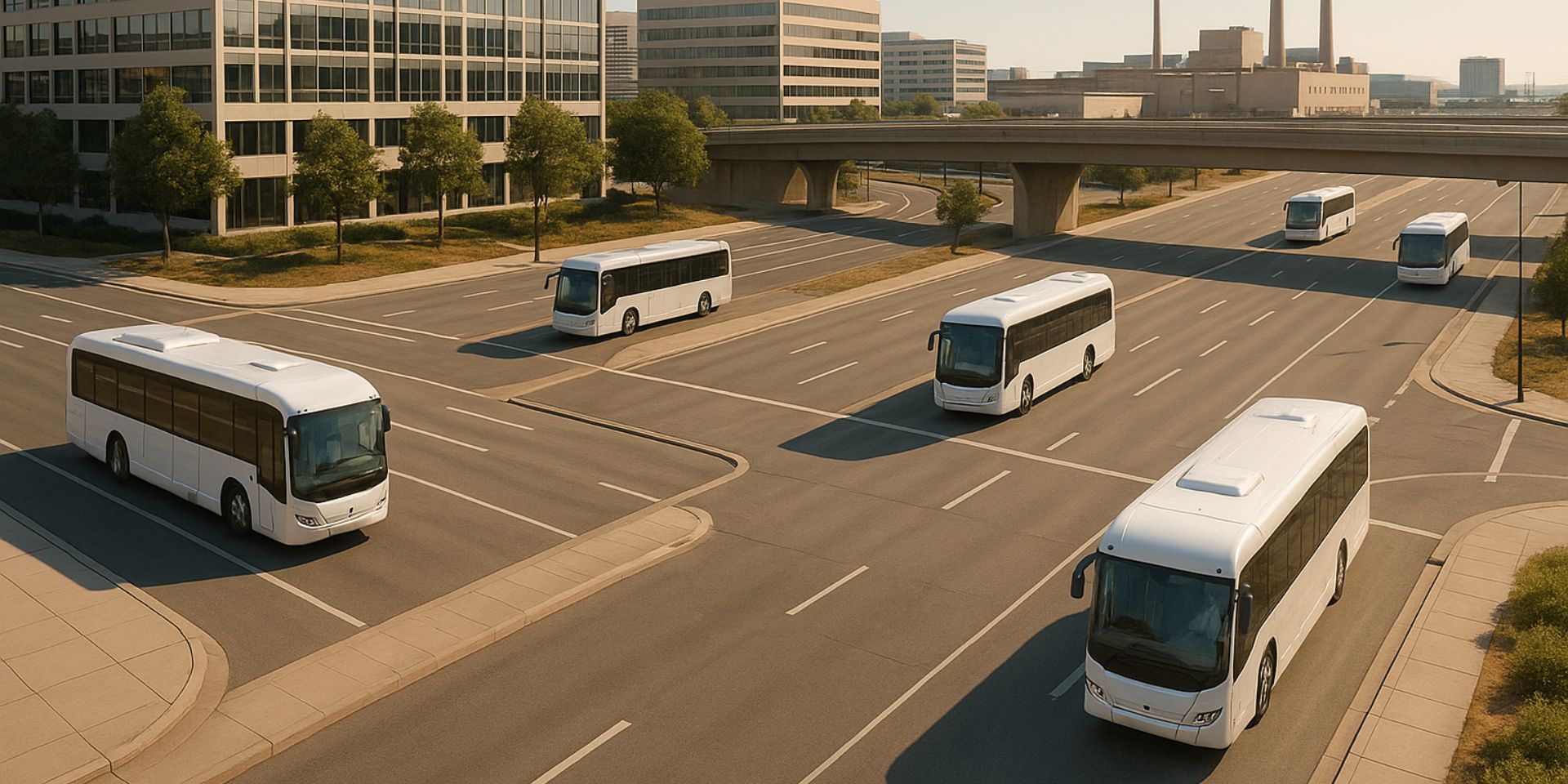How Subsidized Transport is Cutting Employee Parking Costs
.avif)
And let’s face it, no one really enjoys parking. But often driving and parking are the only option for employees needing to start work at a certain time, or those navigating outside work activities and family commitments.
The Increasing Cost Of Parking
In some areas and city centres, councils charge employers that provide workplace parking. This is to reduce traffic problems as well as to promote alternative ways to travel to work. By providing free spaces for your employees to park, you are encouraging them to drive rather than finding alternative transport.
Where employer subsidised parking is not available, there usually aren’t many low-cost parking options available, especially in towns and cities. Parking charges from outsourced agents can charge scarily high prices, and there’s also the risk of a hefty fine if you park in the wrong place.
Even if staff choose to take public transport to work, there are often parking costs associated with this too. They may still need to drive and park at the train station if it isn’t within a reasonable distance from their home. Again, increasing the daily costs of commuting for employees.
The Problem With Employer-paid Parking
If an employee is guaranteed a free or subsidised parking space every day, they are more likely to drive solo to work. However, if employees are expected to pay for their own parking, they are more likely to lift share or find a different means of transport. Or, in extreme circumstances, another employer.
And it’s not just the financial impact. Large car parks have environmental consequences too. More cars on the road every day and solo commuting can all contribute to climate change. So, by finding an alternative to individuals driving to work, you also lessen the impact on the environment.
That said, employer-paid parking can be something that is relied upon for many employees, who simply would not be able to afford their commute and parking as well as other financial commitments. But there are solutions to consider that can benefit both you and your staff.
What Transport Solutions Can You Offer?
With the rising costs of parking and the need to retain a loyal and hardworking workforce, you might need to think outside the box. Cars spend 95% of their time parked in the UK, an awful lot of time to pay for the space it occupies. But there are alternative transport solutions to save money, time and space for both parties. So, what can you do to both help your employees and reduce your parking costs?
Commuter Services
As an employer if you want to reduce your parking commitments, but still want your employees to get to work on time, why not consider commuter services. The benefits of a commuter bus or coach service for your employers mean they don’t need to use their own vehicles; they can get some work done on the commute if necessary, and of course, there will be no parking costs. Zeelo offers some great commuter transport options to save money and time, both for you and your employees.
Encourage Lift Sharing
Car sharing is a great way to reduce the number of cars travelling to your workplace. Less parking spaces are necessary, and it will save your staff money too as they will be spending less on fuel and car maintenance. Car-pooling schemes can be set up on an ad-hoc basis within your workplace or you could develop a more formal plan where employees sign up for a lift-sharing agreement.
Back The Use Of Public Transport
If your office is located in the city centre, chances are there will be a public transport network that serves the area. Taking the bus or train is a good commuter alternative to driving and parking at work, but it can take employees longer and be a more difficult journey. As an employer, it may be beneficial to look at the public transport options in your area and work your shift times to suit employees who wish to use this option to get to work.
Benefits Of Transport Solutions
So, what are the benefits of providing transport solutions for your employees?
- Less parking spaces required at your workplace and reduced demand.
- Reduced parking associated costs, including maintenance of the land and payments for subsidised parking.
- A happier workforce due to minimised stress from driving, parking and getting to work on time.
- Less time lost from commuting problems such as traffic or finding parking.
What will you do to solve your parking costs?
It really pays to take a look at the impact parking has on your bottom line and how making some changes to the culture of the commute can really save your business money. Find out more about commuter solutions by Zeelo here.
We help companies and schools achieve their transportation program goals
Corporate shuttles


Warehouse/Distribution


Schools & Universities


Become a partner


Want to know how we can help you?












